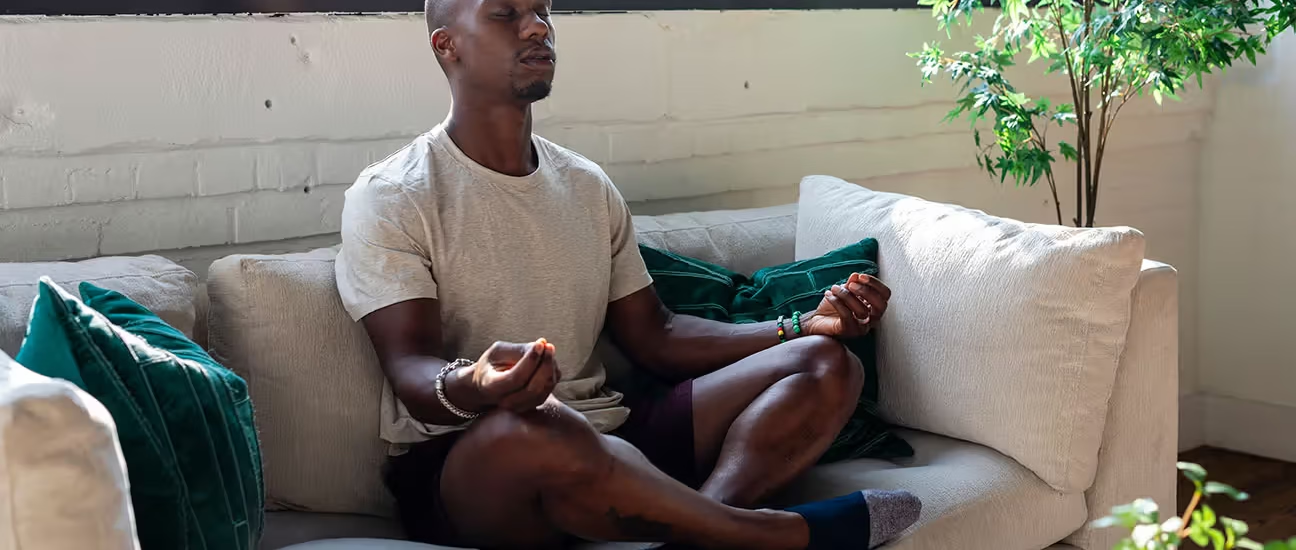



Natural ways to reduce anxiety have become increasingly important in today’s fast-paced, stressful world. While it’s normal to feel anxious before major events or life changes, for some, anxiety becomes persistent and disruptive. Although therapy and medical help are essential for chronic conditions, many people seek natural solutions to support their mental health. In this blog, we’ll explore simple, research-backed remedies and lifestyle habits that promote emotional balance and help bring inner peace.
To explore how Microsoft is enhancing observability, check out our post on Microsoft adding OpenTelemetry support to Azure.
Understanding the type of anxiety you may be experiencing is the first step toward managing it. Here are some of the most common types:
One of the most effective and immediate natural remedies for anxiety is deep breathing and mindfulness meditation. When anxiety kicks in, our bodies shift into “fight or flight” mode. Practicing slow, intentional breathing activates the relaxation response and helps calm both the body and the mind.
Try this breathing method:
Use the 4-7-8 technique — inhale through your nose for 4 seconds, hold for 7 seconds, and exhale slowly for 8 seconds. Repeat for 2–3 minutes.
Why it works:
Deep breathing reduces cortisol (the stress hormone) and helps bring mental clarity. Apps like Insight Timer and Headspace offer guided meditations to help you get started.
Physical movement is one of the most natural and powerful tools for reducing anxiety. Whether it’s yoga, brisk walking, or dancing, movement helps release built-up tension.
Why it works:
Exercise boosts endorphins—your brain’s “feel-good” chemicals—and reduces stress hormones like cortisol. It also improves sleep and overall mood.
Quick tip:
You don’t need an intense workout. Just 20–30 minutes of walking, stretching, or a light cardio session can bring noticeable relief.
While that morning coffee or sugary snack might feel like a quick energy fix, excessive caffeine and sugar can make anxiety worse.
Why limit them?
Caffeine overstimulates the nervous system and raises your heart rate, while sugar can spike and crash your blood sugar levels—both can mimic or worsen anxiety symptoms.
Better alternatives:
Switch to herbal teas like chamomile, lemon balm, or tulsi, and include whole grains and fiber-rich foods in your diet to keep blood sugar steady.
Connecting with nature is a simple yet powerful way to calm your mind and ground yourself.
Why it helps:
Being in natural environments lowers stress hormones, reduces heart rate, and lifts your mood.
What you can try:
Take a 20-minute walk in a park, plan a weekend hike, or visit a beach or forest regularly to refresh your mental state.
What you eat plays a crucial role in how your mind and body respond to stress. A nutrient-rich diet supports brain function, mood regulation, and emotional stability.
Key nutrients that ease anxiety:
Pro tips:
Stay hydrated, avoid processed foods and sugary drinks, and eat meals rich in vitamins, minerals, and whole foods.
A good night’s sleep is essential for mental health. Poor sleep habits can increase anxiety and disrupt your emotional stability.
Sleep-friendly habits:
For centuries, herbal remedies have been used to soothe the mind and ease emotional tension.
Popular herbal options:
Note:
Always consult a healthcare professional before starting any herbal supplement, especially if you’re on medication.
Journaling is a simple yet effective habit that helps you manage thoughts and emotions by putting them on paper. It allows you to process feelings and gain insight into what’s really going on.
How to use journaling for anxiety:
Why it works:
Writing helps clear mental clutter, reduce overthinking, and foster emotional regulation.
While these natural remedies for anxiety may not replace professional therapy, they can significantly reduce anxiety symptoms and improve quality of life. Each step—whether it’s a walk in nature, a breathing exercise, or a cup of chamomile tea—brings you closer to emotional balance and inner calm.
Listen to your body. Be patient with yourself. Explore different techniques and stick with what brings you peace and grounding. And don’t hesitate to consult a mental health expert for personalized care and deeper healing.